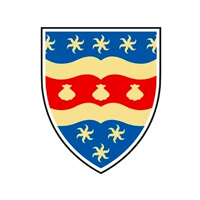fees waived
Civil and Coastal Engineering, MEng (Hons), with industry placement
University of Plymouth, United Kingdom
Costs
food & rent S$18.8k / year
Entry requirements
Scholarships
Unlimited quantity
Unlimited quantity
Unlimited quantity
Limited quantity
Information
Code
Code
Intakes
Website (External)
Programmes
Information
Duration
2031
Are you intrigued by the design and resilience of coastal structures like seawalls and breakwaters against sea forces? This MEng in Civil and Coastal Engineering equips you to safeguard communities from flooding and sea-level rise, while mastering port planning and construction. As a four-year integrated masters, it builds specialist knowledge for coastal projects, with our programme ranked eighth globally in Marine/Ocean Engineering by ARWU. Accredited by key institutions including ICE and IStructE, it meets requirements for Chartered Engineer status. You'll gain practical skills through facilities like the £19 million Marine Building, industry placements, and a focus on sustainable design and project management.The course begins with foundational engineering principles in maths, materials, and mechanics, progressing to core disciplines like structural analysis, geotechnics, and coastal engineering. By the third year, you'll tackle advanced topics in hydraulics and port engineering, culminating in an individual research project. Assessment combines 45% exams and 55% coursework, supported by expert staff and access to innovative labs, preparing you for careers in civil engineering with recognised professional qualifications.
A local representative of University of Plymouth in Singapore is available online to assist you with enquiries about this course.

